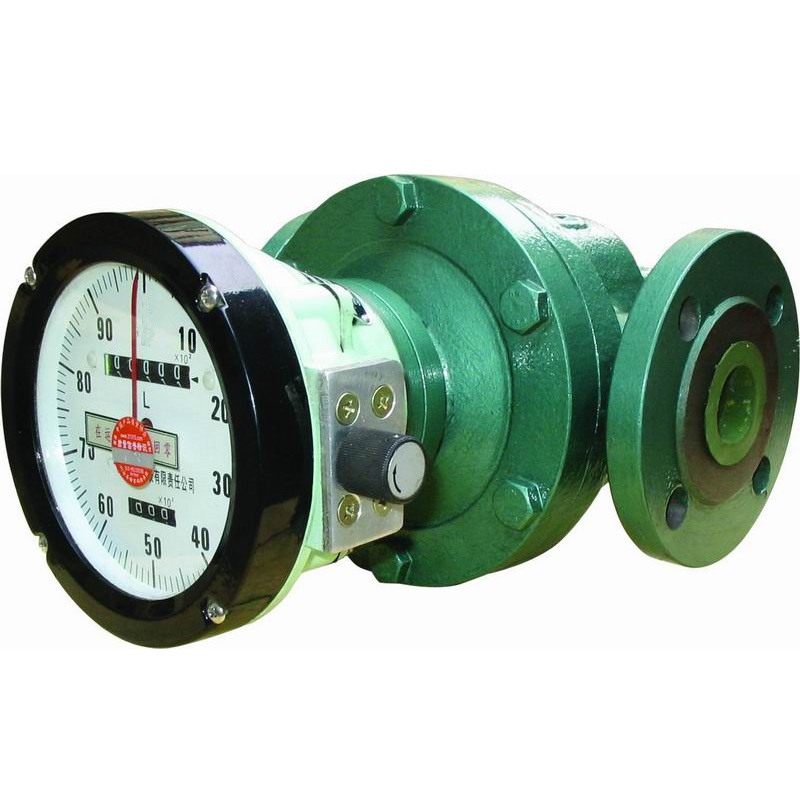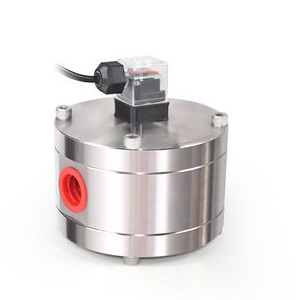Challenges in Measuring Alkyd Oil Flow
Alkyd oil’s high viscosity (8-10 poise) and elevated operating temperatures (65-80°C) make flow measurement difficult. Traditional flow meters, such as
turbine flow meter or
oval gear flow meter types, struggle with thick fluids—causing clogging, pressure drops, or inaccurate readings. Additionally, temperature fluctuations can alter viscosity, further complicating measurements.A reliable
high viscosity flow meter must handle these conditions without frequent maintenance or drift in accuracy.
Why Coriolis Flow Meters Are Ideal for Alkyd Oil
Coriolis flow meters excel in measuring viscous fluids like alkyd oil ,resin, polymer for several reasons:
✅Direct Mass Flow Measurement – Unlike volumetric meters (positive displacement flow meter), Coriolis meters measure mass flow, eliminating errors caused by temperature and viscosity changes.
✅No Moving Parts – The absence of internal components reduces wear and clogging risks, ensuring long-term reliability. The rotor inside the
elliptical gear flow meter is movable and is easily trapped by dirty solid impurities.
✅High Accuracy – Even with thick fluids, Coriolis meters maintain precision (±0.1% to ±0.5%), crucial for batch consistency in coating production. Few flow meters can guarantee such high measurement accuracy.
✅Temperature Tolerance – Built to withstand wide temperatures (-200 °C to 350 °C ) , these mass flow meters perform consistently in alkyd oil’s 65-80°C range.
✅Minimal Maintenance – With no filters or bearings to replace, downtime is significantly reduced.
For industries relying on precise alkyd oil dispensing—such as paint manufacturing—a Coriolis flow meter ensures efficiency, reduces waste, and enhances product quality.
Coriolis flow meters excel in measuring all types of viscous fluids
Need a flow meter for high-viscosity fluids? Contact us for a tailored solution!




